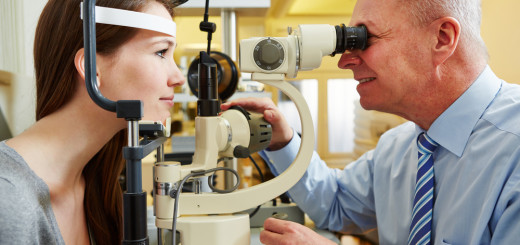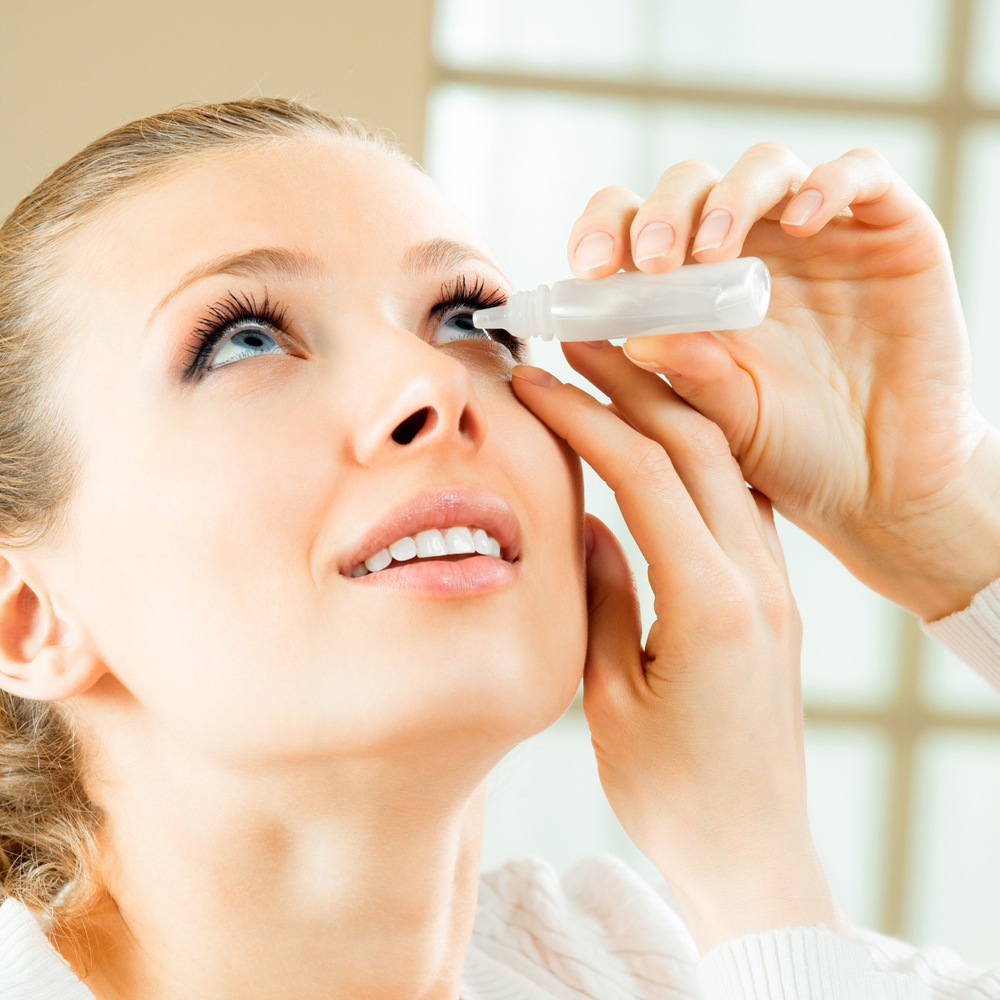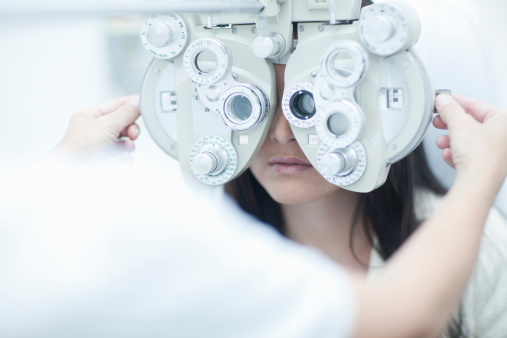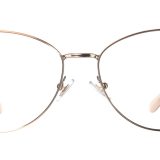Can Medication Affect Your Vision?
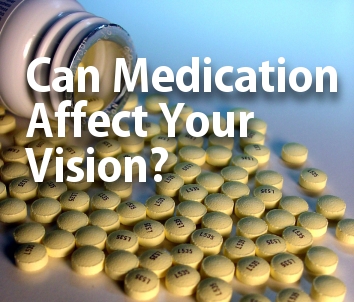 We’ve all seen the commercials for prescription medications. Thanks to some new regulations, they have to list each and every one of the drugs’ side effects in the ads and sometimes that list is quite shocking. In my opinion, some of the most annoying and cheesy commercials are the ones for erectile dysfunction drugs. And, one of the side effects mentioned in every single of the ads is that it may cause blindness!
We’ve all seen the commercials for prescription medications. Thanks to some new regulations, they have to list each and every one of the drugs’ side effects in the ads and sometimes that list is quite shocking. In my opinion, some of the most annoying and cheesy commercials are the ones for erectile dysfunction drugs. And, one of the side effects mentioned in every single of the ads is that it may cause blindness!
To me it seems like the potential of losing your vision would be a price one might not want to risk taking. But, the fact is, that many people every single day are taking prescription and non-prescription drugs that can have side-effects (even serious ones) that impact your eyes.
Different Medications Carry Different Risks
In general, different classifications of medications can tend to have different types of effects on your eyes based on their main ingredients. Some anti-anxiety drugs for example can cause you to see double or can inspire abnormal eye muscle movements. Anti-depressants, generally, can cause some sensitivity to light.
Oral steroids that are used to control asthma, fight severe allergies, or help with arthritis may actually change your lens prescription. Like steroids, birth control pills and acne medications can also cause your vision to be blurred and can be a major contributor to problems like dry eye.
Other medications used to treat everything from malaria to breast cancer, to enlarged prostate may impact your vision with their side effects. But, it’s important to note that in the cases of these life-saving drugs patients are being closely monitored and the benefits outweigh any potential risks.
It’s Not Just Prescription Medicine You Should Check
You should pay attention even when taking more innocuous medications like antihistamines (a common over-the-counter type of medication that people take for hay fever or allergic reactions). In rare cases, even these can cause something called closed-angle glaucoma, which is essentially a build up of pressure in the eye. Severe eye pain as well as distorted vision (seeing halos), headaches, nausea, and vomiting are all symptoms of this condition.
Speak To Your Doctor and Your Optometrist
When your doctor prescribes a medication, be sure to let him know if you are having any vision problems or if, after you’ve started the drug, you feel the medication is affecting your eyes.
Likewise, when you go for your annual eye exam, your optometrist should ask for a list of medications you are taking. If you are having any vision problems, your doctor will be able to see if a reaction to a drug is at play. If you have any vision problems that you think may be caused by a medication, call your optometrist right away.

